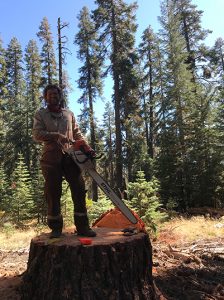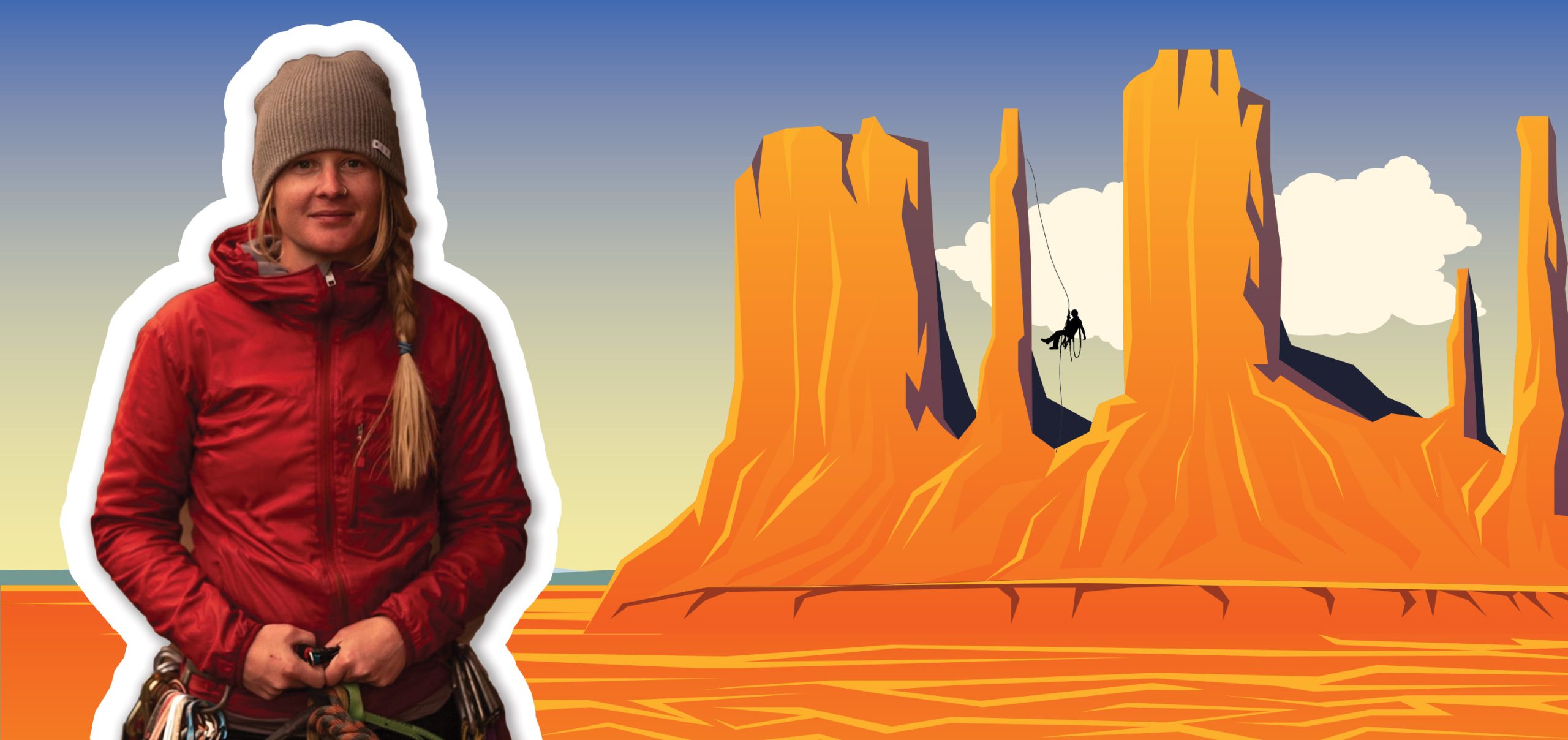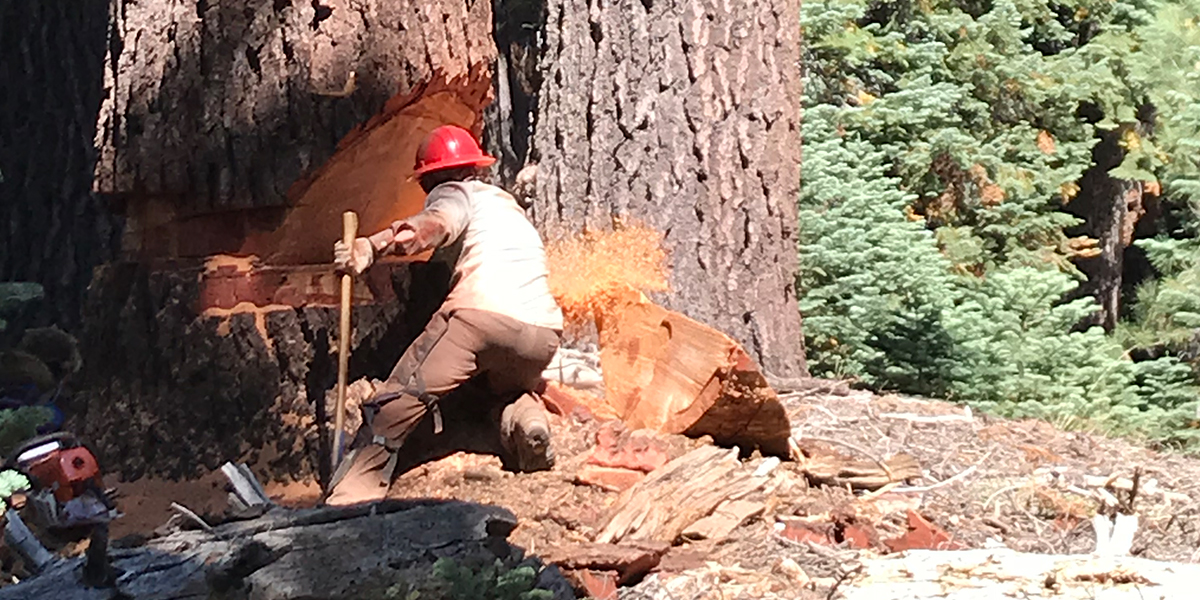 Christian Bopp is a treasure trove of information. He has 11 years of professional conservation and environmental science experience, he’s an Emergency Medical Technician a Wilderness First Aid instructor, a National Medical Training Specialist at American Conservation Experience (ACE) and a Desert Mountain Medicine instructor.
Christian Bopp is a treasure trove of information. He has 11 years of professional conservation and environmental science experience, he’s an Emergency Medical Technician a Wilderness First Aid instructor, a National Medical Training Specialist at American Conservation Experience (ACE) and a Desert Mountain Medicine instructor.
ACE is a nonprofit organization that takes on environmental restoration projects in the United States’ national parks, forests, wildlife refuges and other public lands. Christian is unique as an instructor because he trains ACE’s Conservation Corps members, a.k.a. 18-35-year-old Americans exploring outdoor careers through practical field skills.
Conservation Corps have been a passion of Christian’s since his college years. Knowing that his work helped mitigate human degradation of the environment kept him going back year after year as a volunteer. Eventually realizing that he was passionate about teaching the next generation, he made a career for himself in the Conservation Corps. Here, he shares advice for those thinking about following in similar footsteps.
If you would like to start a career in the conservation corps, where do you start?
Start on Google! First, find the corps that fits your geographic and/or work requirements (you may or may not need a specialized degree). You’ll also want to know what field you want to go into. Once you find something that makes sense for you, apply! Then, wait to see if you get accepted.
Are there any age parameters or an ideal time to get involved with conservation corps?
Most corps cater to the 18-30-year-old age group. There are also youth corps for high school students and those that are younger. No matter your age, you must be physically fit and able to do the work.
What kind of education, in your eyes, is helpful for someone who wants to be involved with the conservation corps?
I think it’s really helpful to have a background in biology, geology and/or environmental science if you’d like to get involved with a corps. Having knowledge of field-based natural sciences is great because you can apply the knowledge, well…out in the field.
What advice do you have for those who want to transition from being a volunteer to a staff member at a conservation corps?
If you’re hoping to graduate from a volunteer to a staff position at a conservation corps, you’ll of course need to have the minimal technical skills requirements – you can’t, for instance, be a chainsaw leader without knowing how to use a chainsaw. I’d recommend building up experience – that’s very important! Outside of that, being a hard worker, having a desire to teach others, and possessing strong interpersonal skills will go a very long way.
Reality check: What’s one thing you would have liked to know before getting involved with a Conservation Corps?
You have to remember that nature does not follow a 9 a.m. – 5 p.m. schedule. Crazy things happen all the time and this is a job that requires hard work, long hours and endless logistics. Outside of that, know that it is possible to do what you love, make money, and make the world a better place!









